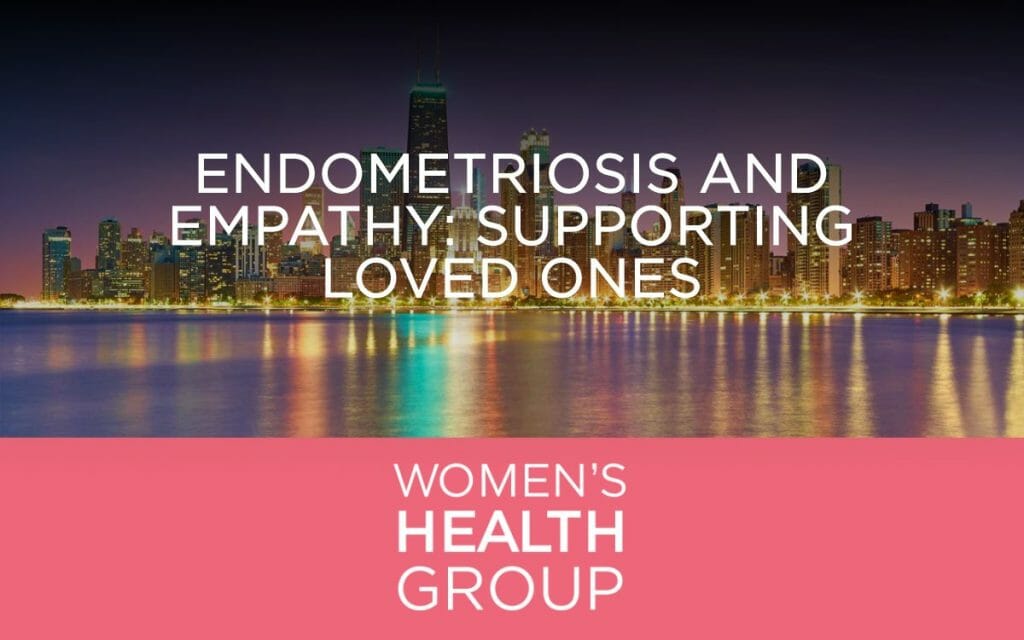Understanding Endometriosis and Its Impact
Endometriosis is a common gynecological condition, affecting approximately 1 in 10 women of reproductive age globally. It is a long-term condition that can have a significant impact on a person’s life, but with the right treatment and support, individuals can manage their symptoms and lead a successful, fulfilling lifestyle.
Fundamentally, endometriosis is a disorder where the tissue that typically lines the uterus grows outside the uterus, often on other reproductive organs. It can result in chronic pain, particularly during menstruation, and fertility problems if left untreated. It’s a chronic disease that one must carry with them throughout their lifetime, often intruding on every aspect of their personal, professional, and emotional well-being.
Understanding this condition and its implications is crucial not only for the women dealing with it but also for their loved ones. Compassion and empathy can make a vital difference in their journey, providing much-needed support and reinforcement.
Symptoms and Diagnosis of Endometriosis
Women suffering from endometriosis may experience different symptoms. The most common signs include painful periods, pain during or after sexual intercourse, heavy menstrual bleeding, fatigue, and infertility. It’s essential to consult a healthcare professional if one or more of these symptoms persist.
Diagnosing endometriosis can be challenging due to its wide-ranging symptoms. It often gets mistaken for other conditions such as irritable bowel syndrome or ovarian cysts. Doctors usually rely on medical history, physical examination, ultrasound, or laparoscopy to diagnose endometriosis accurately.
Getting timely, accurate diagnosis is critical to effectively managing endometriosis and minimizing its impact. For more information, visit the Mayo Clinic resource on endometriosis support and treatment.
Supporting Your Loved Ones with Endometriosis
Living with endometriosis can be a formidable challenge. Loved ones can play an essential role in managing this condition and inspiring optimism. Here are some strategies that can contribute to effective endometriosis support:
– Educate Yourself: Understanding the condition in depth helps you empathize with their experiences and challenges.
– Encourage Open Communication: Encourage your loved one to communicate their feelings and experiences, and listen without judgment.
– Offer Physical Assistance: Help manage their physical workload during their period when symptoms may be harsher.
– Accompanying to Doctor’s Appointments: Your presence during medical appointments can provide emotional support.
The Role of Empathy in Endometriosis Support
Empathy plays a pivotal role when it comes to supporting someone living with endometriosis. Empathy is the ability to understand and share the feelings of others. It means validating their pain and struggles and recognizing their grit and resilience in managing this condition.
Empathetic support can help counter the negative feelings of isolation, loneliness, and distress that often accompany endometriosis. By ensuring robust communication, empathy can translate into tangible actions – reinforcing psychological fortitude, aiding physical resilience, and bolstering overall morale.
Endometriosis Support: Beyond Individuals, Building Communities
While individual support to those with endometriosis is vital, community efforts also play a crucial role in providing comprehensive endometriosis support. Collectively moving towards greater awareness and advocacy can drive robust changes across societal and policy spheres.
Institutional initiatives like support groups, awareness campaigns, research funding, and policy changes can contribute significantly to overall societal empathy and bolster endometriosis support. For more about community resources, you can visit the Women’s Health Government webpage dedicated to endometriosis.
Acknowledging the Journey of Endometriosis
Endometriosis is a complex condition, but with the right support and empathy from loved ones, it can be managed effectively. The people who surround a woman with endometriosis can contribute significantly by providing emotional, physical, and psychological aid, thus making their journey less challenging.
To recap, the keys to effective endometriosis support comprise of education, open communication, tangible assistance, empathetic understanding, and strong advocacy for broader community awareness and action.
Living with endometriosis is undoubtedly challenging, but through mutual understanding, compassion, and effective support, we can transform these challenges into opportunities for resilience and growth. This is the power and responsibility we hold as loved ones— to be by their side, to uplift them and remind them, every day, that they are not alone in this journey.




